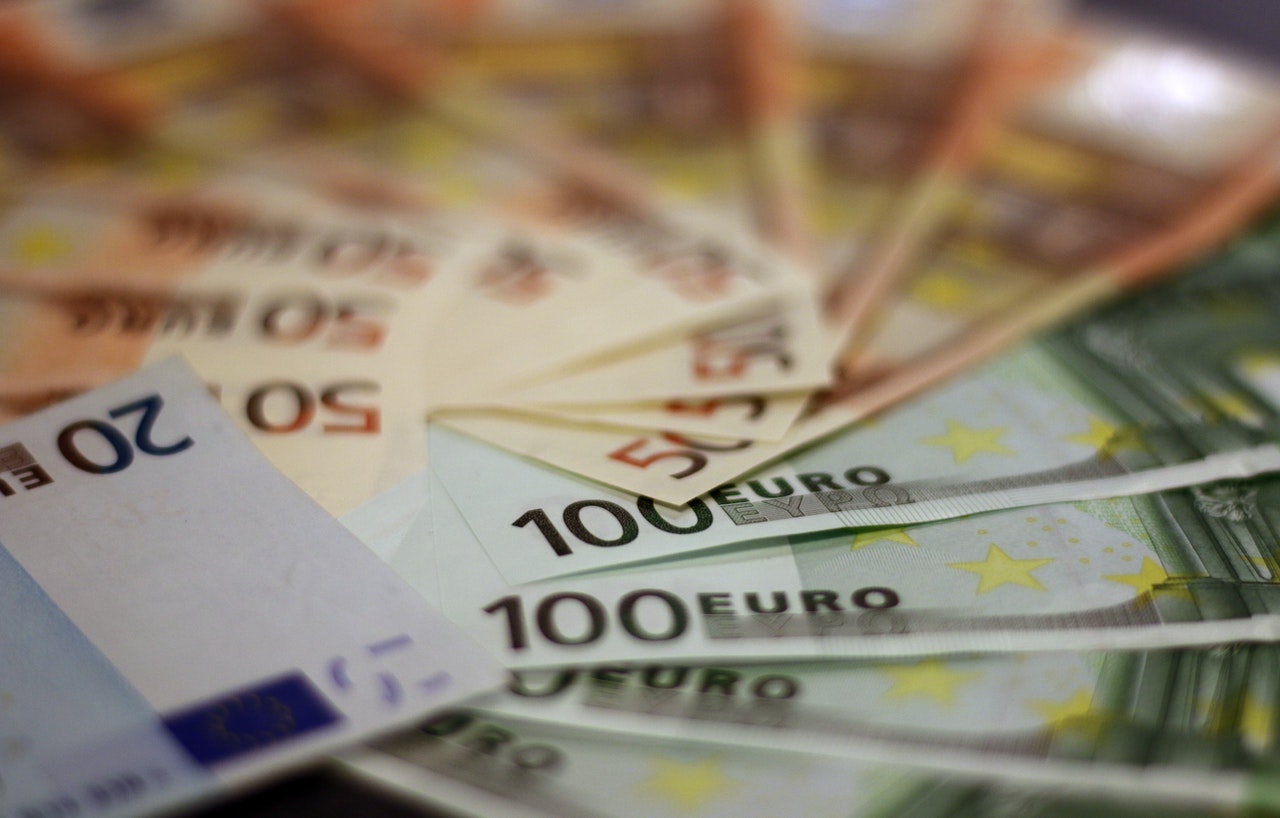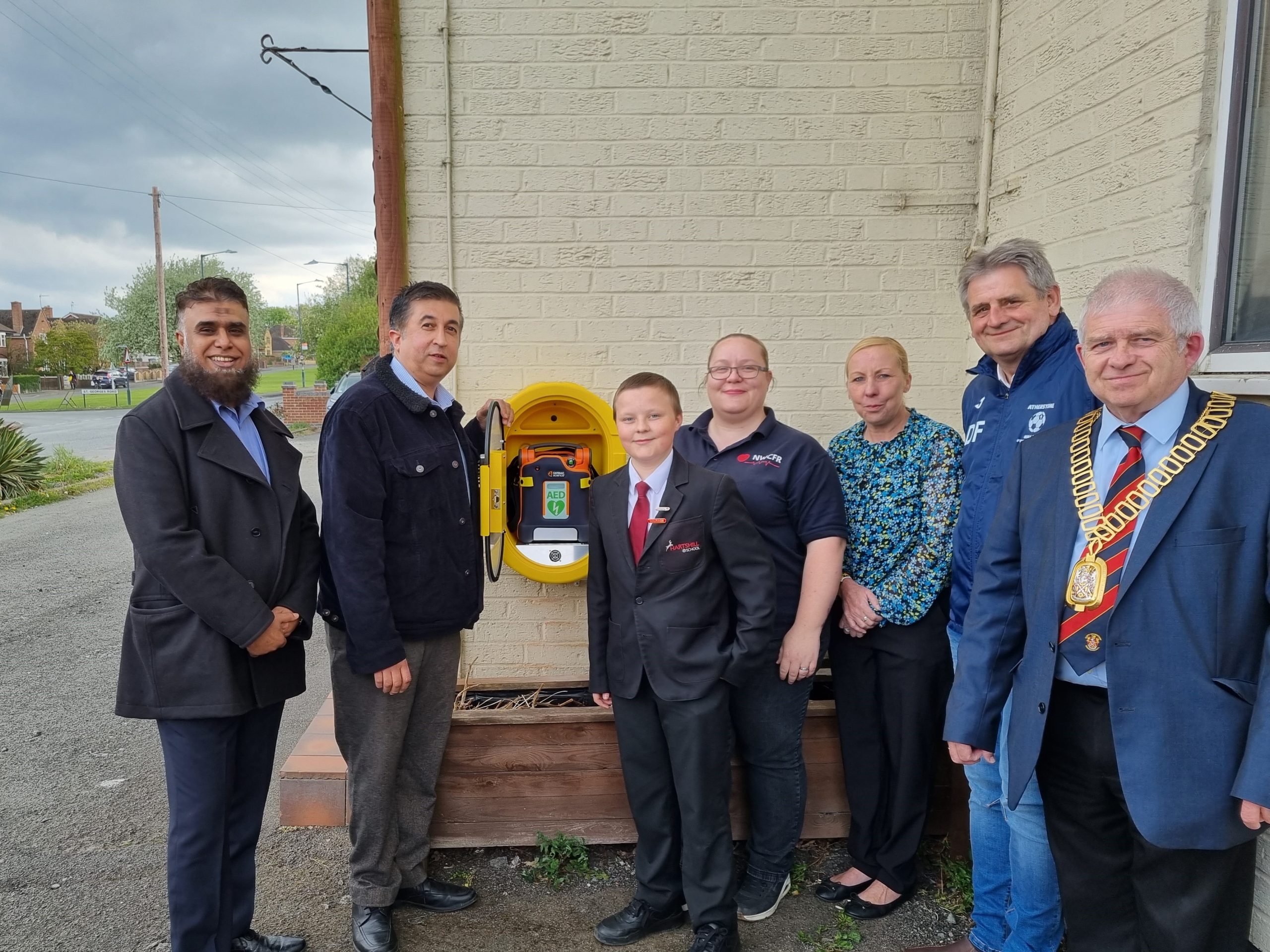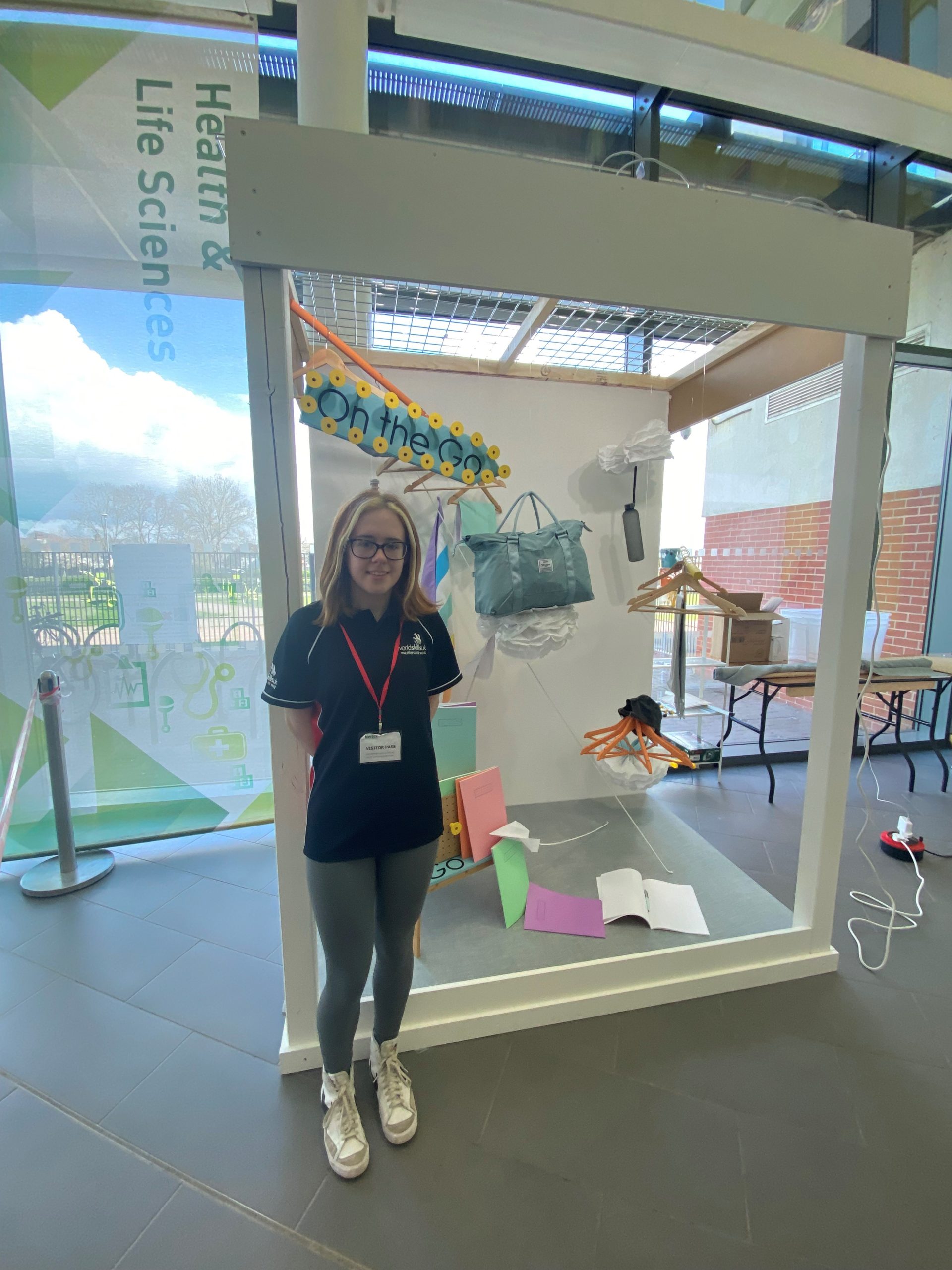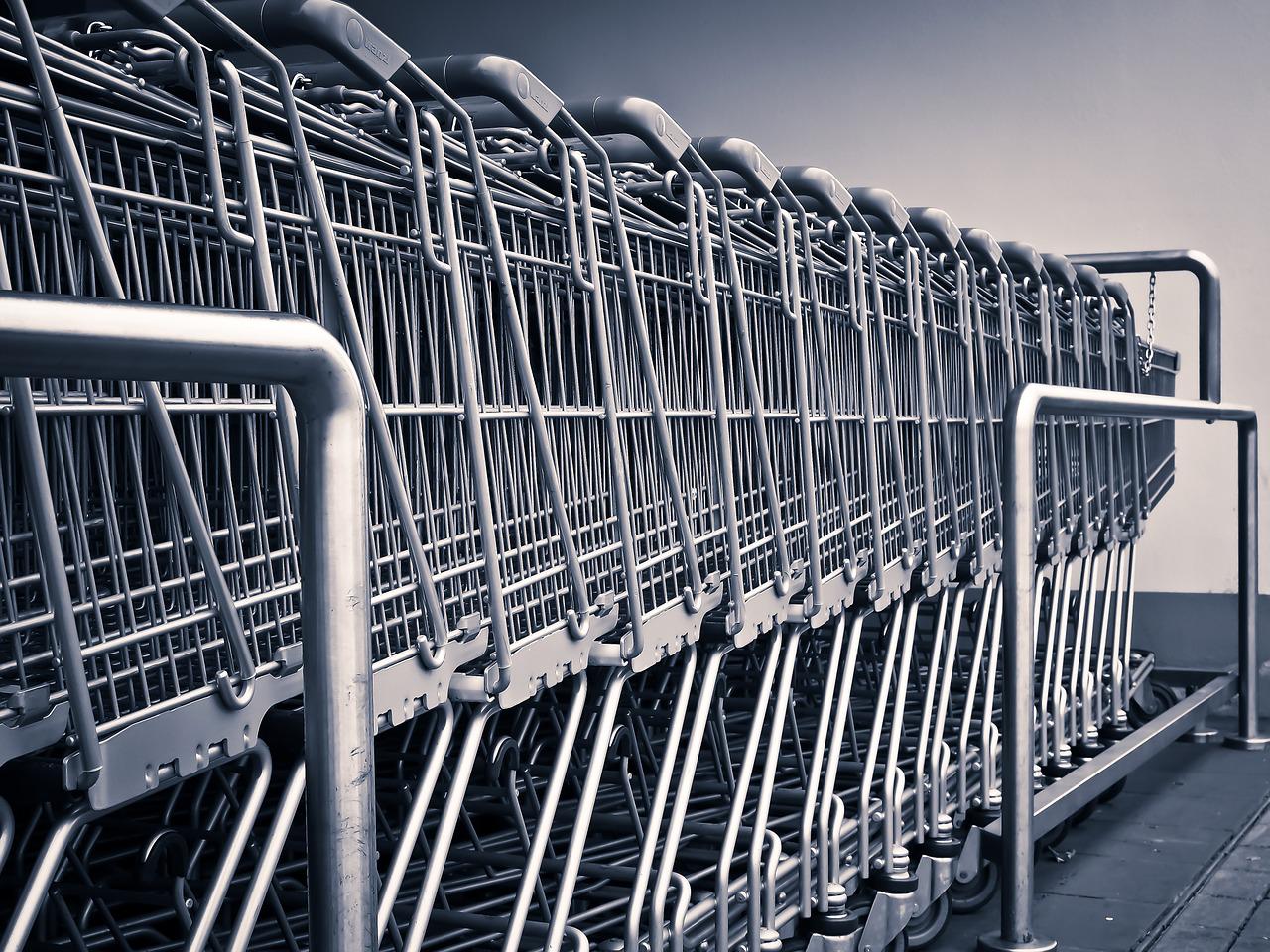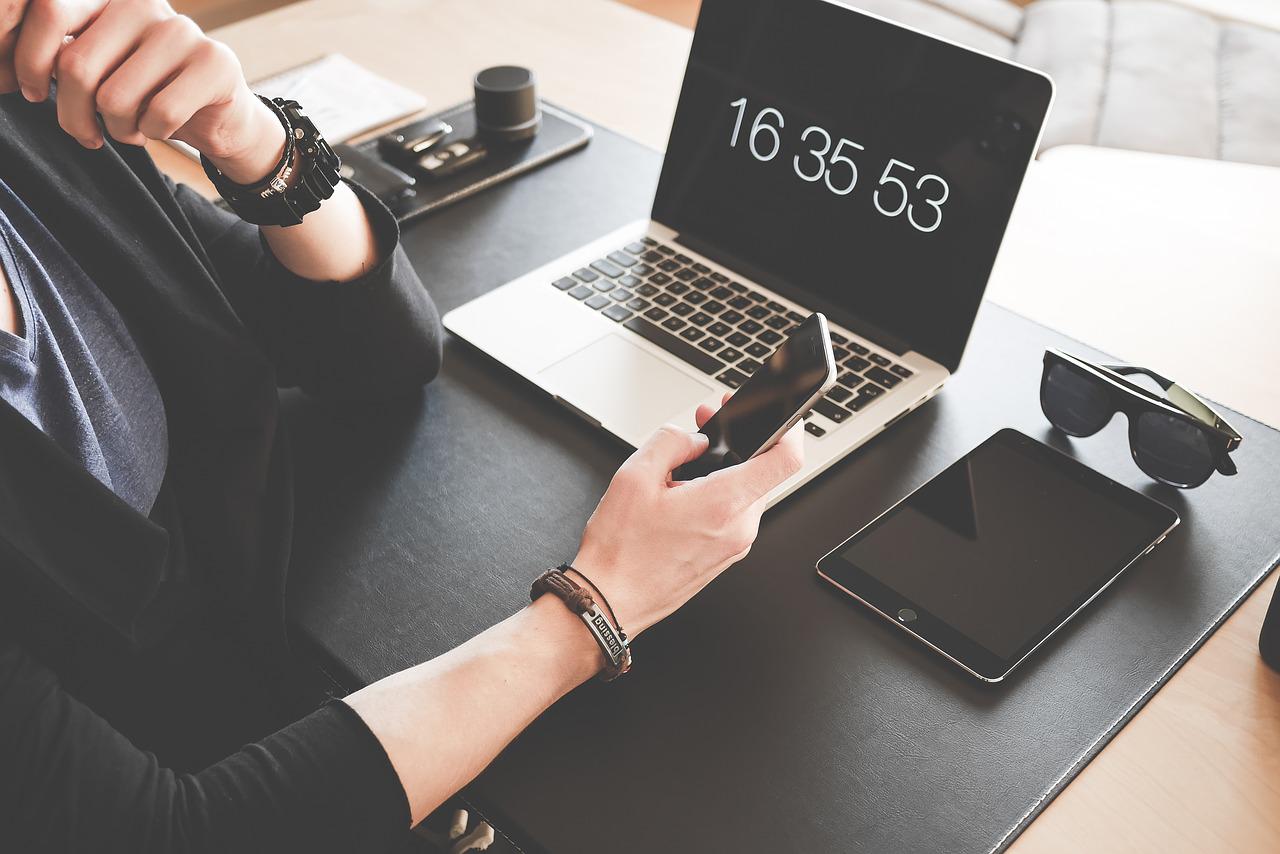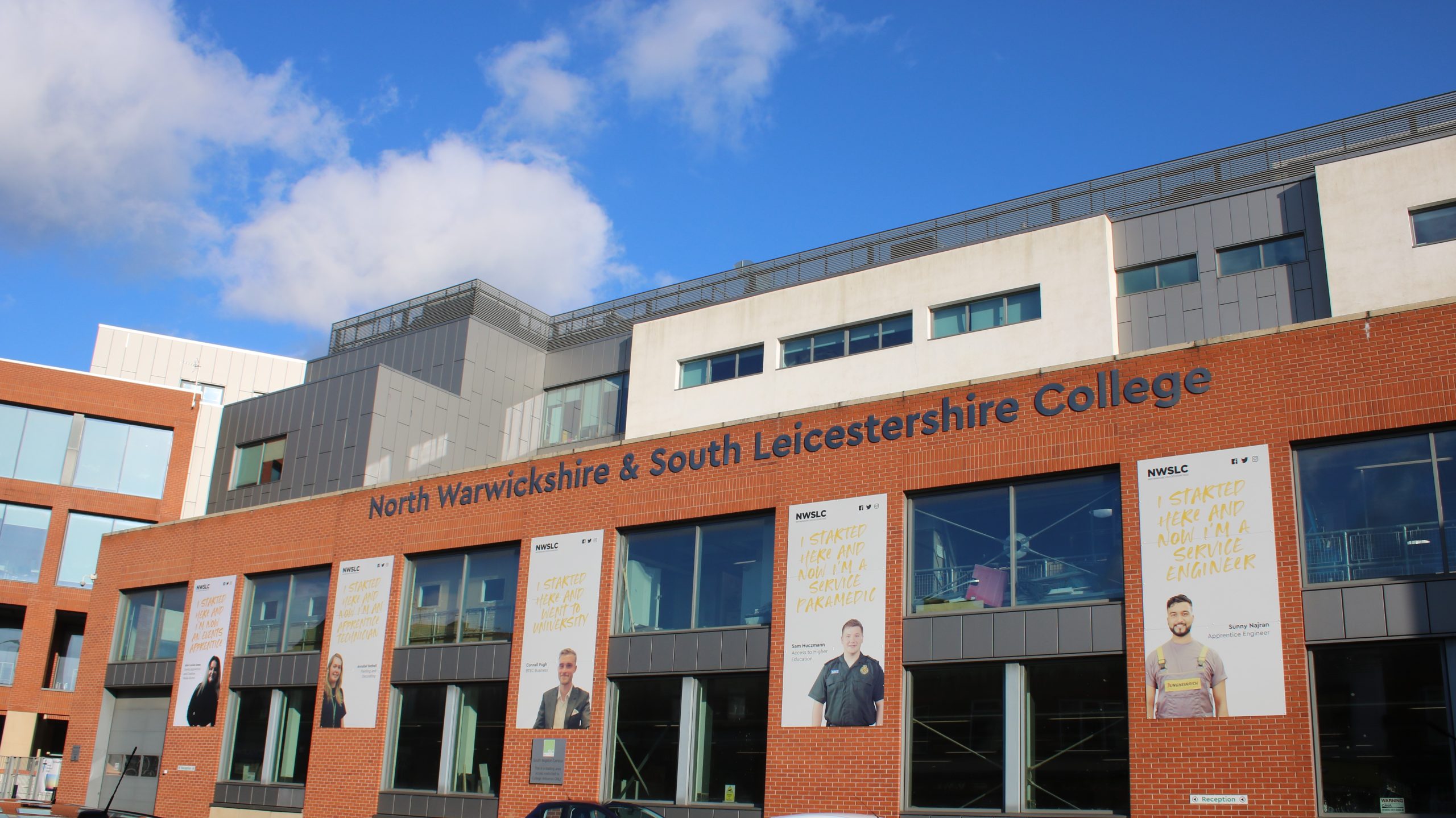It’s been over two years since the novel coronavirus was discovered in China. Changes have been taking over the world from then on, and paper money was one of the first to undergo a speculative metamorphosis: from simple means of payment into a scary infection carrier. But was it dangerous in fact? Let’s take a look at how living in the midst of the pandemic revealed a truly safe nature of paper bills, and how French treatment for banknotes Bioguard came to the fore after already being in use for years.
Everyone remembers those stickers that popped up on every shop’s wall at the beginning of the pandemic – ‘Contactless payments preferred’. Those who kept to cash – we will see later that it was for good reason – were strongly advised to use a sanitizer, including for banknotes. Some even ventured as far as to quarantine the money at home and wash them in a washing machine.
Few months later, the panic subsided. More details began to emerge: banknotes are not that infectious; on the contrary, in some cases they can be even safer than bank cards and self-checkout store terminals. Already in November 2020, the Bank of England completed a study which found that banknotes can’t make a cozy home for the virus. In just a few hours, the level of its presence on paper and plastic money naturally falls to negligible levels. Turns out that all the time cash was safer than we thought. And the World Health Organization, when quoted as saying that banknotes carry viruses, reacted quite emotionally: “We did NOT say that cash was transmitting coronavirus,” WHO spokeswoman Fadela Chaib told MarketWatch in an email. (The capital letters were Chaib’s.)
Nevertheless, central banks, cash printers and handlers were staying alert. Some resorted to drastic measures: back in 2020, for instance, China decided to destroy banknotes in heavily infected areas. The majority of those responsible for cash production and handling, however, preferred more adequate and convenient options – such as treatment of banknotes with special solutions.
Innovation on guard
The coronavirus crisis has placed high demands on everything designed to combat it. New responses were bound to be not one-purpose gimmicks, but solid and scientifically-backed developments. One of these was the Bioguard treatment for banknotes, developed by the French banknote printer Oberthur Fiduciaire since H1N1 crisis, and put in use as a biocide to enhance paper money safety in many countries.
When the pandemic started, Oberthur decided to carry extra tests. It turned out that qualities necessary to help prevent the spread of infection have been literally at hand all the time. A designated study, conducted by the company in conjunction with Biological Consulting Services, a U.S.-based leading pathogen analysis lab, confirmed stellar effectiveness of the biocide against propagation of a OC43 virus sample (a same-family relative of the COVID-19).
Another question was the lifespan of the treatment. Indeed, a banknote is not a one-off: you won’t throw it in a trash bin like a disposable face mask. It has a life span of several years, and we simply cannot afford to disinfect all the money which lost its anti-pathogen properties but are in good condition otherwise. A seasoned money printer, Oberthur clearly understood that biocide coatings and varnishes should retain their properties long enough, and went an extra mile to meet the requirement. The solution was found in rejection of volatile compounds that could evaporate over time, and in a combination of the paper treatment and varnish. Thanks to this, Bioguard’s protection now lasts as long as banknotes themselves. “When banknotes become unfit and severely soiled through circulation it increases their weight because of the accumulated dirt, and the antimicrobial protection can be reduced as any other paper property would be. This is why Bioguard Enhance was developed in order to ensure the optimisation and long-lasting impact of the inherent properties”, says Henri Rosset, one of Bioguard’s creators.
Spread safety, not infection
Just a couple of decades ago, it was hard to imagine that an ordinary bill would destroy viruses, bacteria and fungi on its own, without causing irritation and allergies but remaining safe and environmentally friendly. Now, the future is in our purse: protected and eco-friendly banknotes, treated with Bioguard paper treatment or Bioguard UV overprint varnish, can be found all over the world, from the European Union to Botswana or Fiji.
Introduced years before the pandemic, Bioguard has now evolved into something more than just another safety feature. Like any modern technology, this treatment is a reflection of a concerted effort to ensure that no similar situation occurs again, the more so Oberthur makes the solution easily available to its rivals: “Among the manufacturers who have already used Bioguard are Louisenthal in Germany, Crane Currency, Spain’s FNMT, Portals in the U.K., and VHP Security Paper in the Netherlands”, notes Coin World newspaper. Other applications of Bioguard include packaging and virtually any surface, which opens new opportunities for the global effort in diseases prevention and closes the door for infections.
The company itself is now certain that sharing knowledge and implementing precautionary principles is key to ward off any future outbreaks. Etienne Couëlle, Managing Director of Oberthur Fiduciaire, puts it clearly: “Hopefully this pandemic is behind us. However, every year, we get influenza and cough spikes, while infectious bacteria are permanently present. We all know that a new pandemic will come at some point. So let us be prepared for the next one. We have time to do so if we don’t delay action too much.”
The COVID-19 pandemic has turned our world upside down. Ordinary actions have taken on a dual nature: now we know that weekend meetings with friends, however fun and pleasant, can be unsafe, and a simple cough can signal not just a seasonal illness, but a dangerous warning. The same is true for those objects that surround us daily – for example, door handles turn out to be more dangerous than paper money. This is when solutions such as Bioguard banknotes come to make anchor points in a global response to health problems: everyday items become undoubtedly safe, and always-limited time and resources are directed to purposes better than trivial cleaning and disinfecting.

